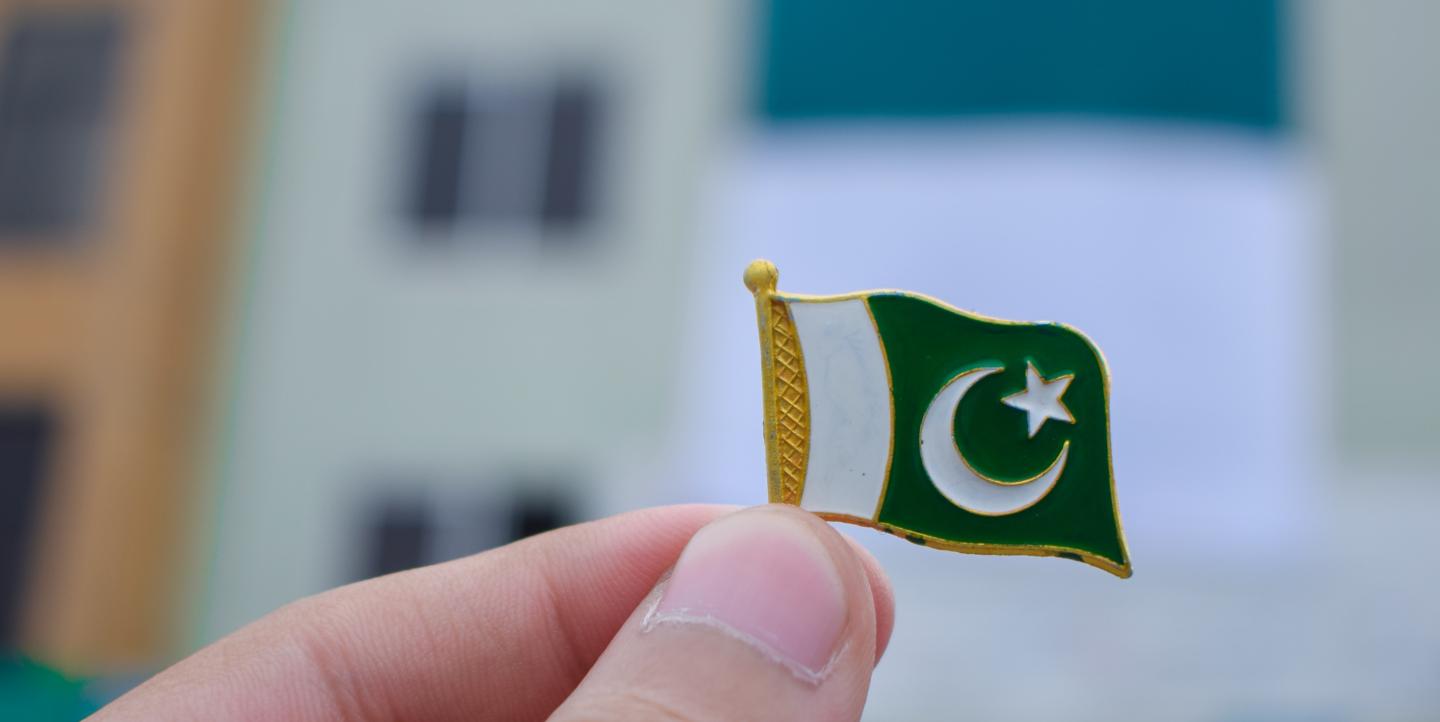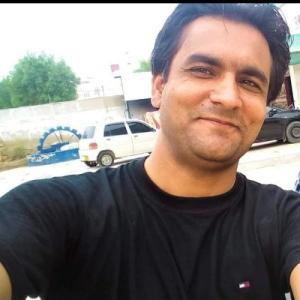Just 5% of journalists in Pakistan are women, and this year the country ranks 150 out of 180 countries on Reporters Without Borders’ World Press Freedom Index.
Attacks and censorship targeting women reporters are key contributors to the country’s declining press freedom. Pakistani women journalists are frequent targets of harassment on social media, in particular. Attacks have included gender-based slurs, threats of violence, and attempts to hack into their online accounts. The harassment not only endangers their safety but also violates their right to protection under the law, the journalists say.
Yet women journalists are pushing forward in spite of these attacks to reshape national storytelling and conversations. Their reporting, filled with strength and determination, play an essential role in bringing about change in Pakistani society.
Patriarchal and cultural barriers
Many of the challenges women journalists in Pakistan face are rooted in patriarchal and cultural norms. Their competence is frequently questioned, and there is a reluctance to assign women reporters to cover hard news. “The stereotype that women can't handle difficult news is still prevalent,” said Sobia Saleem, a journalist from Sindh Province.
Women journalists in Pakistan are frequently excluded from leadership roles in the country's $2 billion media industry. Wage disparities and a pervasive glass ceiling hinder their career prospects and opportunities for women remain scarce, particularly in smaller cities.
Although an improved social and economic environment has helped women pursue better opportunities, roadblocks remain, explained Atiya*, a journalist from Balochistan Province. “Women are discouraged from entering the field due to financial constraints and societal norms," she said. “Some stories are rendered impossible due to tribal complexities and societal barriers.”
The lack of women journalists in Balochistan, in particular, is symptomatic of a larger disregard of women's voices and the issues impacting them. Since 2007, the province has been in a state of war, but detailed accounts of family suffering, especially about women and children, are rare. This is due in part to societal norms that make it difficult for women and men who are not related to have conversations with one another.
Harassment
Between 2019 and 2020, two women journalists, Shaheena Shaheen and Urooj Iqbal, were killed in Pakistan. The deaths have heightened women journalists' anxiety about their safety. Working conditions, few benefits such as maternity leave, and a lack of newsroom anti-harassment policies also contribute to this lack of security, said Aneela Shaheen, a journalist from the province of Khyber Pakhtunkhwa. Sexual harassment is also prevalent, noted Nadia Choudhary, a social media expert from Pakistan.
Although social media has provided platforms for women to express their views, develop their personal brands and hone professional skills, it also exposes them to growing online harassment, said Choudhary. This is made more intense in a society where conservative views about women's roles are widespread, she added.
Advice from women journalists
The women interviewed for this article emphasized how support from colleagues, as well as their own personal initiative, have been instrumental in helping them break barriers.
Aneela Mehmood, a journalist from the province of Punjab who focuses on women's issues, health and human rights, said that her journey was aided by the support of fellow journalists and media organizations. Her success in journalism is a result of years of hard work, she explained, adding that she takes care to present truths objectively in her reporting.
Aneela Shaheen, meanwhile, has covered stories such as the 2009 Nizam-e-Adl Regulation, which formally implemented Sharia law in the Malakand district of Khyber Pakhtunkhwa, and the effects of Talibanization. Reporting on such sensitive issues demands thorough investigation, along with support from friends and colleagues, she explained. “My path was littered with difficulties, but the unwavering support of my family, colleagues and the Peshawar Press Club propelled me forward," said Shaheen.
The women journalists I spoke with emphasized the need to adhere to journalistic principles. “Exploring sensitive topics necessitates meticulous research, stakeholder consultations and safety precautions,” said Saleem.
Atiya agreed: “Adherence to these principles is required when reporting on sensitive issues, while also ensuring safety.”
Future improvements
Education, mentorship, and workplace reform are important for women to advance in the media, urged Saleem. These initiatives can break down barriers and amplify women's voices. Practical training and internships should also be part of this effort, she added.
As part of their curricula, universities should prepare women for the real-world challenges they face. “Bridging this gap through mentorship and practical education can inspire women to embrace journalism, sparking a transformative and impactful journey,” said Atiya.
It’s important for media organizations to advocate for inclusivity, mentorship and gender-sensitive policies. This includes backing gender quotas, training and efforts to eliminate bias, said Choudhary, adding that stereotypes of what women journalists can and cannot report on must be broken down. This will help create an equitable media landscape in the country.
“Journalism's evolution must be steered toward inclusivity, where diverse voices, particularly those of women, can thrive authentically and contribute to a more balanced and representative media landscape,” said Abdul Razaque Chhachhar, a professor of media studies at the University of Sindh.
The work of Pakistani women journalists stands as a testament to their determination and resilience. Women journalists can tell powerful stories while also rallying for inclusion, mentorship and equal opportunity. “Even as we navigate the daunting landscape of sensitive stories, we can shape a rewarding path through resilience, hard work, and inclusivity,” said Shaheen.
*Due to security issues, Atiya requested to be identified by her first name only.
Photo by Shamsher Ali Niazi on Unsplash.


